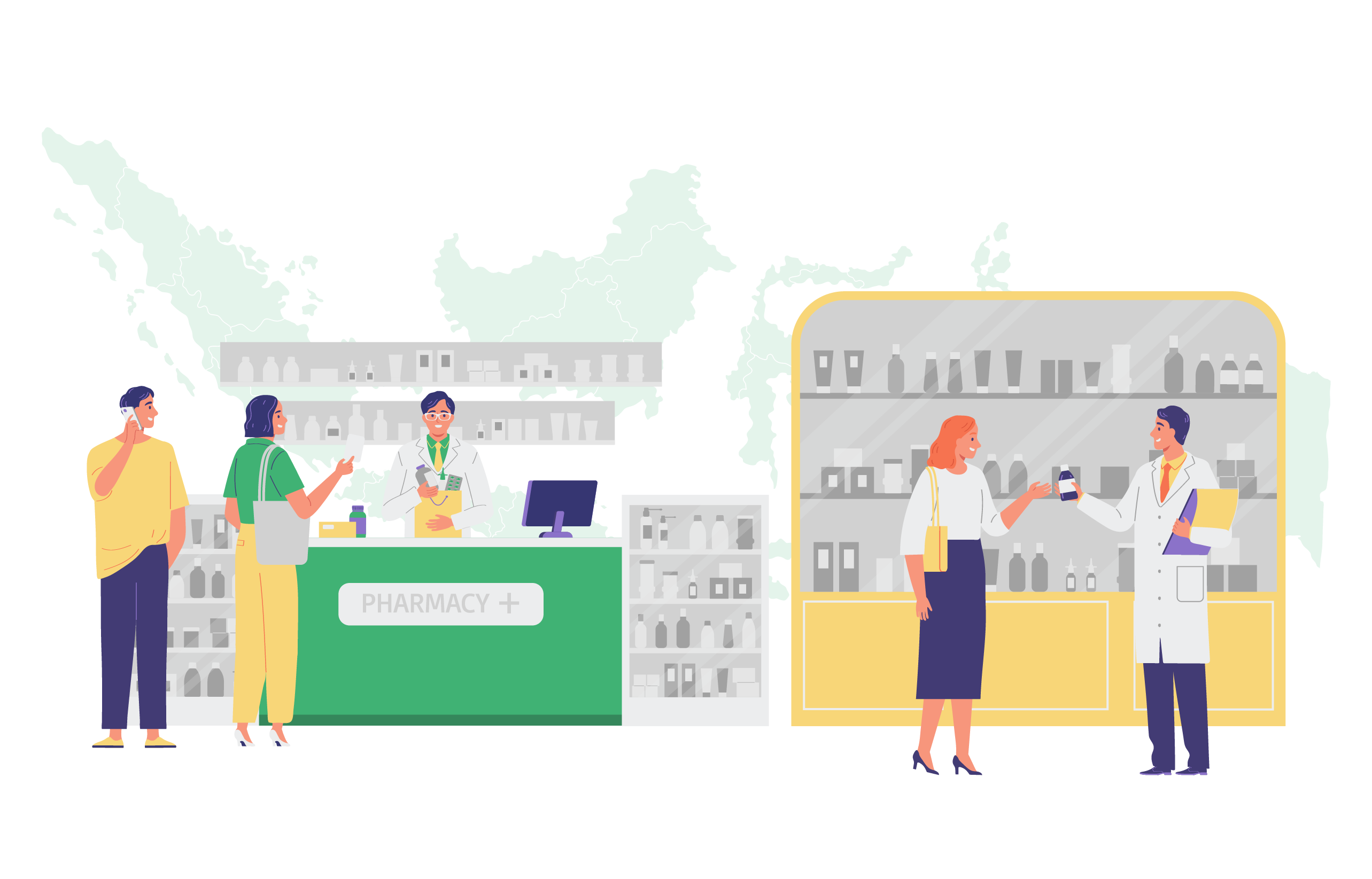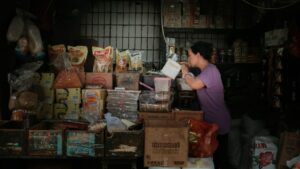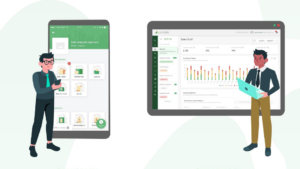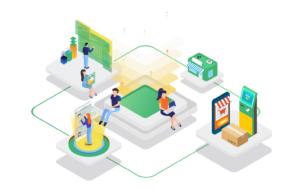Getting to Know Indonesia’s Pharmaceutical Industry and Its Distribution System
Table of Contents
What is the Pharmaceutical Industry?
The growth of the country’s industrial sector is directly proportional to its economic progress. During a sluggish business due to the pandemic, one of the industries that still have positive growth in Indonesia from 2019 to 2021 is the pharmaceutical industry. The pharmaceutical industry plays a major role in improving quality of life and human life expectancy, as well as determining the survival of millions of human beings. According to the Indonesian Ministry of Industry, this sector is considered vital and must be prioritized to produce high-quality domestic products and meet consumer demand in Indonesia.
Then, how is the distribution process in this industry and who are the parties involved?
Read on to find out more about pharmaceutical logistics in Indonesia.
Know more: Guide to Cold Chain System & Vaccine Distribution
Pharmaceutical Logistics
Some parties need to be involved in the pharmaceutical logistics process, so the medicines can arrive well and be consumed by patients. The parties involved include:
- Principal
- Distributor
- Hospital
- Clinic
- Pharmacy
- Modern retail outlets
- Drugstores
- Patients (with or without a prescription)
Distributors in the pharmaceutical industry are also known as PBF (Pedagang Besar Farmasi). Based on the Regulation of the Minister of Health of the Republic of Indonesia, Number 1148/Menkes/Per/VI/2011 concerning Pharmaceutical Wholesalers, PBF is a company in the form of a legal entity that has a license to procure, store, and distribute drugs and/or medicinal substances in large quantities following statutory provisions.
Take a look at the logistics flows for pharmaceuticals below, which vary depending on the kind of pharmaceutical product.
Ethical Product
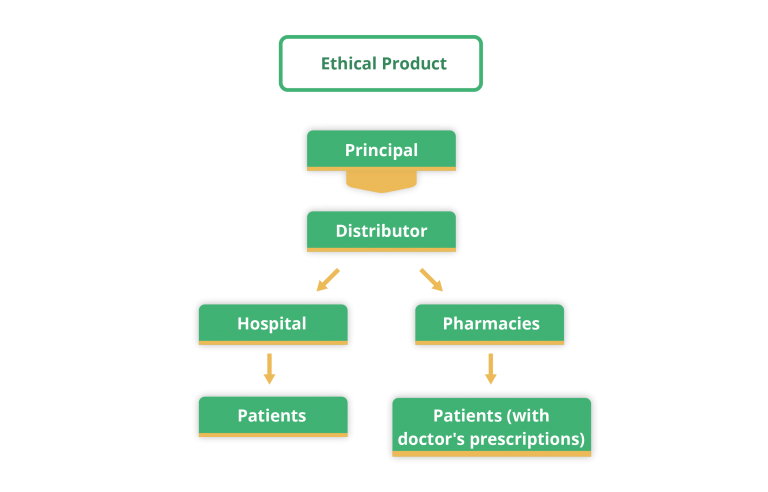
Consist of unbranded/branded generic products and licensed products. For ethical products, the principal distributes the medicines to the distributor, who then distributes it to hospitals and pharmacies before it’s delivered to the patients with a prescription.
Read More: How do Principals Evaluate Distributor Performance?
Over The Counter/OTC (Non Ethical Product)
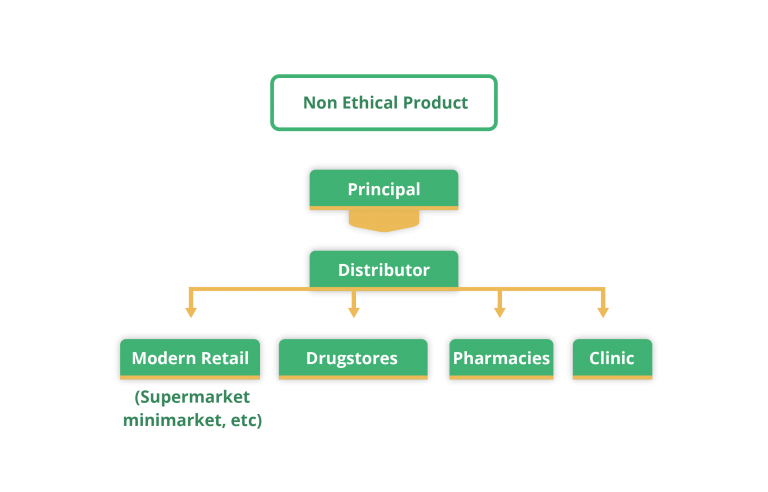
Type of medicine that can be purchased without a doctor’s prescription, including consumer health products such as vitamins and supplements. During the pandemic, sales of OTC drugs are expected to increase as consumers become increasingly concerned about their immune systems. The adoption of digital sales channels such as e-commerce and telemedicine is also higher in this drug category.
Pharmaceutical distribution for non-ethical products begins with the principal and continues through various channels such as modern retail, drugstores, pharmacies, and clinics.
That’s all about the pharmaceutical industry and its distribution chain in Indonesia. Find out more about the pharmaceutical industry and its various challenges in Indonesia by downloading Advotic’s latest Whitepaper: Logistics Challenges in the Pharmaceutical and F&B Industry. Get various insights that can help you increase efficiency and visibility in the pharmaceutical and f&b industry.
Want to know more about Advotics? Click here!

